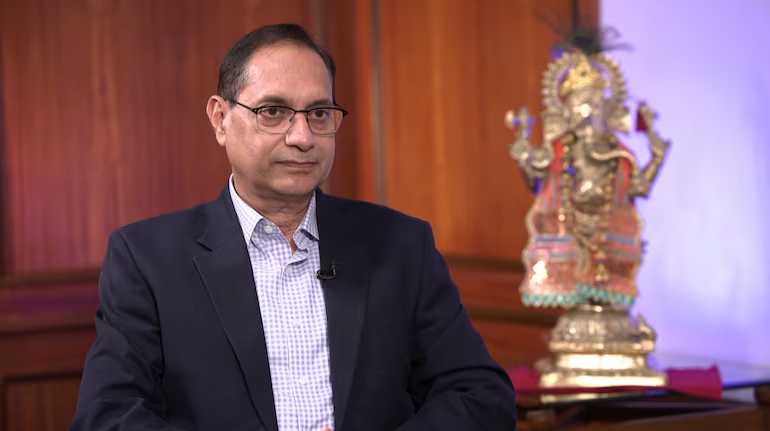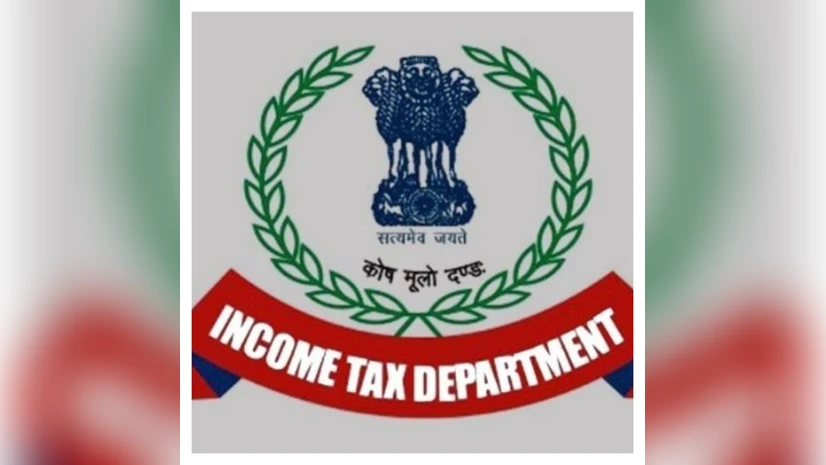Hey, like this? Why not share it with a buddy?

Uday Kotak warns that India’s economic ‘animal spirits’ are fading as young business families focus more on investments than building companies. He urges policymakers to address the impact of US policies pulling foreign capital away. Kotak stresses the need for a national strategy to counter this challenge and navigate the current economic environment. Uday Kotak, a prominent Indian banker, voiced concerns about India’s economic future as he sees a decline in economic ‘animal spirits’. He warned of declining entrepreneurial drive among younger business families as they try to shift focus from running businesses to managing investments. He also called for a strategic response from policymakers to address the capital outflow caused by US economic policies.
Young entrepreneurs choosing investment over business creation:
Speaking at the Chasing Growth 2025 investor event, Kotak noted a significant shift in mindset among young business heirs. “What concerns me is that many in this generation are taking the easy way out, especially in the post-Covid world. They claim to be managing family offices and investments, trading in the stock market, allocating funds to mutual funds and treating it as a full-time job,” he said. Kotak emphasized the need for these individuals to engage in business operations instead of solely focusing on investments. “If someone has sold a business, they should be thinking about starting, buying or building another business. Instead, I see many young people saying, ‘I’m running my family office.’ They should be creating real-world businesses. Why not start from scratch?” He questioned why individuals at 35 or 40 were not contributing more directly to the economy. “I would love to see this generation be hungry for success and build operational businesses. Even today, I firmly believe that the next generation must work hard and create businesses rather than becoming financial investors too early in life.”
Rising stock valuations and foreign capital outflow:
Kotak also pointed out the risks posed by high stock valuations in India and the increasing trend of foreign investors pulling out funds. “Should we continue encouraging retail investors to keep buying? Retail investors in India are funneling money into equities daily, contributing to domestic institutional flows. Money from individuals from Lucknow to Coimbatore is flowing to Boston and Tokyo,” he said. Foreign investors have been taking advantage of high valuations to book profits and repatriate capital. He highlighted the impact of a strong US dollar on capital outflows. “The US dollar is acting like a vacuum pump, sucking capital out of emerging markets,” Kotak said, referring to the effect of rising US Treasury yields above 4.5%. Indian stock valuations remain significantly higher than those in most other global markets.
India’s external account and risk of capital flight:
Kotak provided an overview of India’s external account, noting that foreign portfolio investment (FPI) stands at $800 billion, foreign direct investment (FDI) at nearly $1 trillion and external commercial borrowings at $700 billion. This brings the total repatriable capital stock to $2.5 trillion, while forex reserves, after accounting for RBI’s forward short positions, are at $560 billion. India has already witnessed exits from both FPIs and FDIs with companies like Whirlpool and Hyundai reducing their holdings due to high valuations. In the financial sector, Prudential is exploring the sale of its stake in Prudential ICICI AMC. “This $2.5 trillion has the potential to leave. Of course, not all of it will, but could 5% exit? Could $100 billion flow out in a year? We have seen that happen before. In such a scenario, two things could happen – RBI depletes its reserves or the rupee weakens. I believe we could see a mix of both outcomes.”
Call for a cohesive policy strategy:
Kotak stressed the need for a well-planned response from policymakers to address these challenges. “The decision lies between tightening domestic liquidity or allowing the rupee to depreciate. What should our national strategy be? How should we approach this challenge? Our policymakers – including the Finance Ministry, RBI and Sebi – must develop a cohesive strategy to counter this ‘vacuum cleaner’ effect.” He urged a more proactive approach in shaping economic policy to prevent long-term financial risks and ensure sustainable economic growth.
Source : https://economictimes.indiatimes.com/news/india/uday-kotak-is-worried-about-indias-young-entrepreneurs-focusing-more-on-stock-and-mf-trading-than-on-building-companies/articleshow/118403935.cms?from=mdr
Related Posts
SEARCH SME E-News
RECENT POST
Categories
- Achievements
- Banking & Finance
- Branding & Marketing
- Business Ethics & Culture
- Business talk
- Business Tycoons
- Capital Market
- Corporate Story
- Davos
- Economy
- Emerging Market
- Entrepreneurial Leadership Dialogue
- events
- Exports
- Grievances
- Growth
- Impact on Business
- Import
- India Growth Story
- Industry
- Innovation and Invention
- Innovative Ideas
- International Affairs
- International Trade
- jobs career
- Manufacturing
- Meeting
- MSME
- Others
- Packaging
- Pharma
- Policies & Schemes
- Regulatory Change
- Schemes
- Skill Development
- SME Talks
- Start-up
- Swot Analysis
- Tax
- Technology & Research
- Textiles
- Travel
- Uncategorized
- Viksit Bharat 2047- Strategies, Contribution, Initiatives and Efforts
- Women Entrepreneurs
- World Economic Forum









